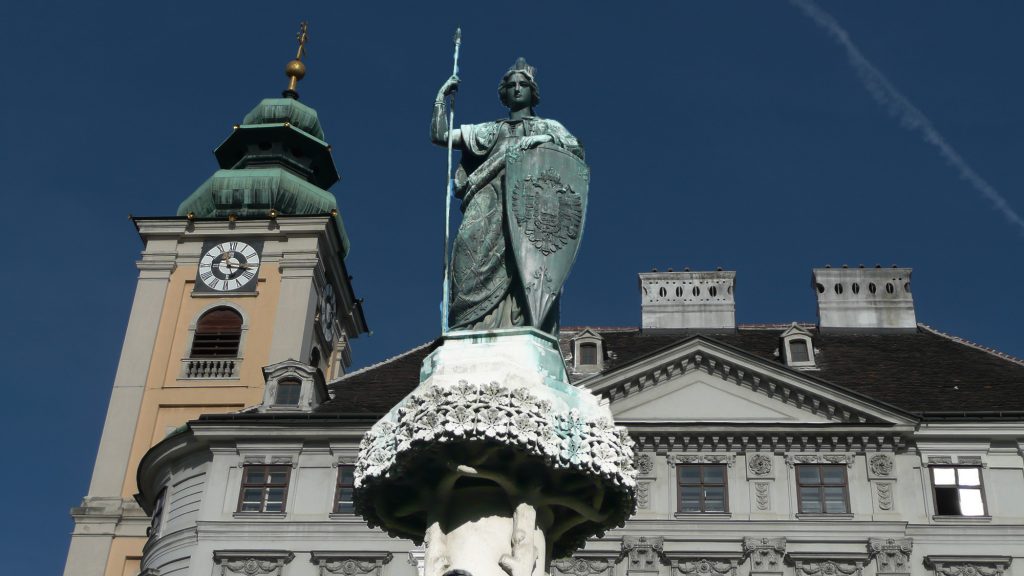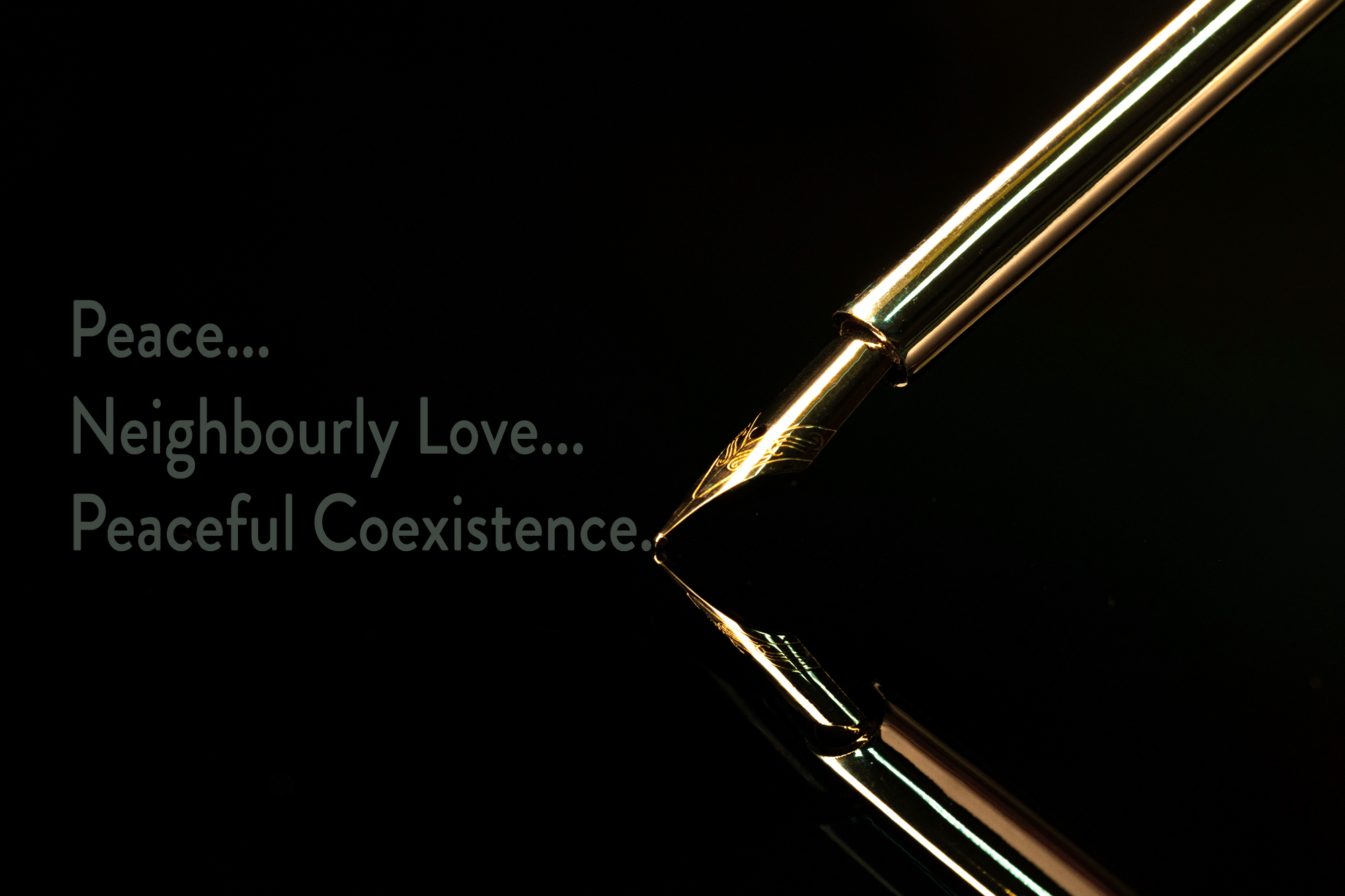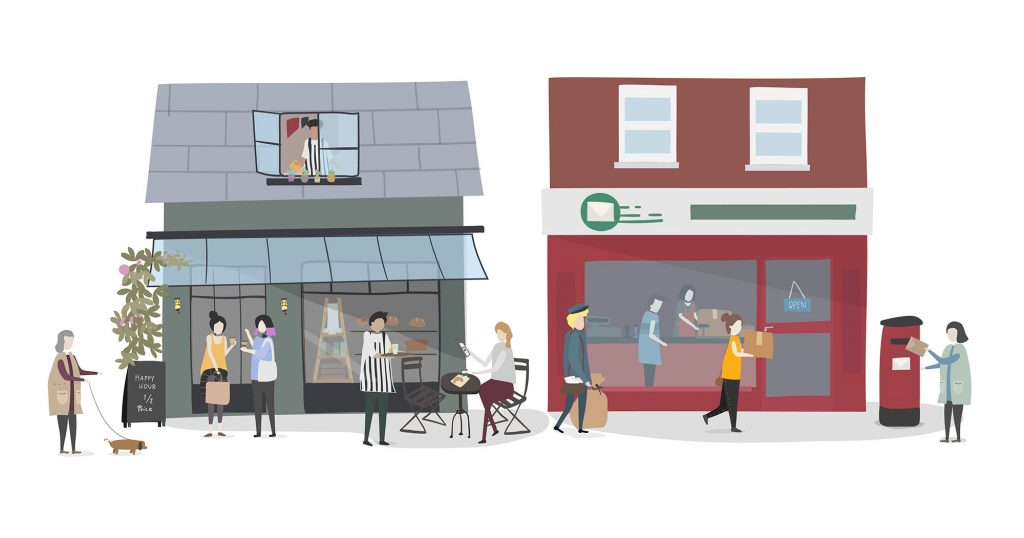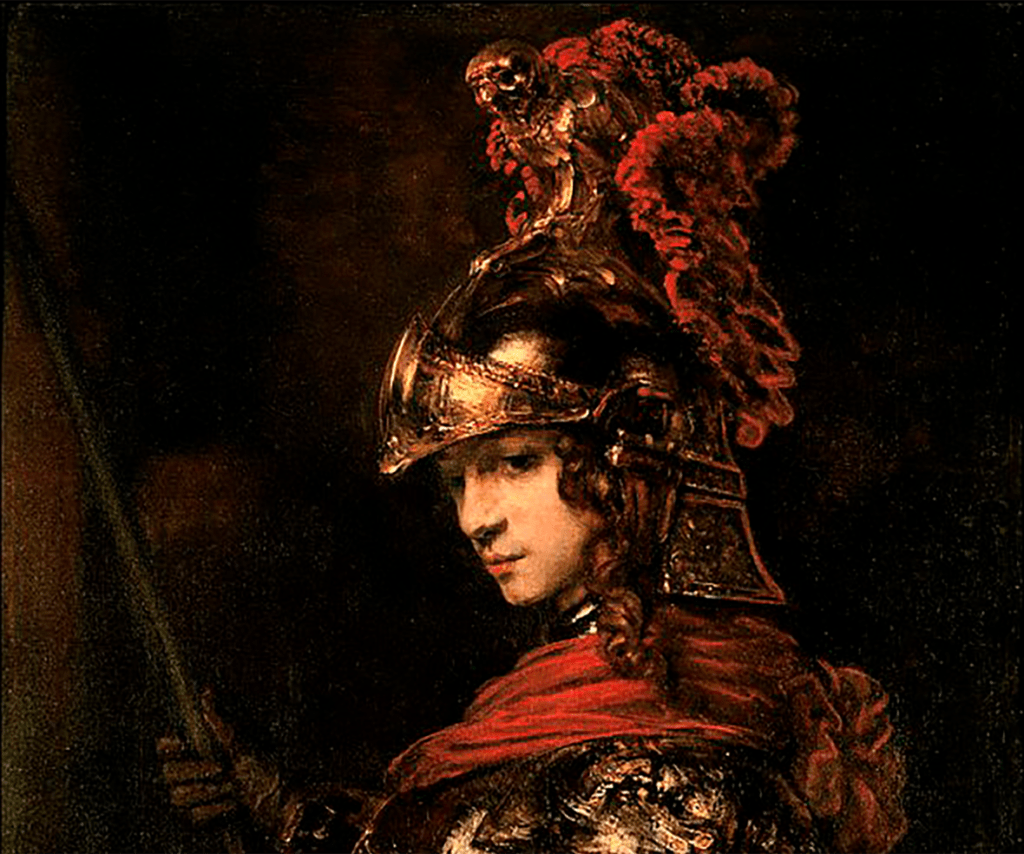
In these times I’d like to remind all of us of the ancient saying that stems from the Habsburg monarchy, meaning the tradition of the dynasty not to make war, but love, you might say:
that is, they married smartly throughout Europe in order to tie bonds of kinship with courts all over Europe, to keep the peace rather than make war.
The Latin origin of this actually wonderful concept from the year 1384:
Bélla geránt aliī, tu félix Áustria nūbe.
Nám quae Márs aliīs, dát tibi díva Venūs.
Wars may be led by the others, you, lucky Austria, marry!
‘Cause what to others is Mars, Venus, the goddess grants you.
So, it’s perhaps the earliest possible dictum of ‘make love not war’?
I put this here just for feeding thoughts… and perhaps to invoke a smile on my readers’ lips…
In these hard times, we should remember, it’s not about being best or first in blaming!
Blame politicians for small(er) errors in the face of a pandemic?
Blame officials for being too harsh – or not harsh enough?
Blame hospitals for not saving beds in order to be prepared for taking care of more people?
Blame everybody for lockdown measures, because the economy is suffering worse than ever before?
Yes, it is true, tragedies arise from all of this; many have lost their jobs, their livelihood(s), their prospects of a promising future, for quite some time…
But let’s remember these few very important facts:
-
- the lockdowns are about people being kept alive!
- the economy suffers always, in pandemic times!
- in ancient and medieval times any pandemic plague wave was so much more worse at every turn!
- dead bodies literally lay scattered in streets!
- trade or any other kind of contact practically was impossible, because people would die right there in the room, in front of others, often in the middle of a negotiation (try Giovanni Boccaccio’s “Decamerone“).
- decades would pass until things were back to something equalling normality.
- death tolls ran up to millions of people in each realm, leaving whole regions empty, villages deserted.
We should remember how lucky we are, compared, here in the middle of Europe:
-
- a high standard of living to begin with.
- heaps of fast available data, being provided practically every second.
- technology and research at an all-time peak in order to develop and approve vaccines inside of months!
- a large part of the population agreeing on the value of each human life!
- there were times when lives were reckoned by society strata: so much for a worker, so much for a merchant, so much for the king…
- information based on a huge amount of well-educated reporters, journalists and scientists!
- even more data available on every aspect of possible business strategies to get us all through this.
I dare anyone out there complaining harshly about measures taken:
be a politician and do it and decide – in ADVANCE!
Tu Felix Austria, remember, this is a wonderful country of ancient history, tradition, innovative ideas, culture and thought, with usually friendly, and very peaceful people, who know how to work – and how to enjoy life!









